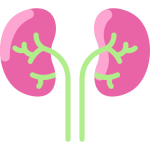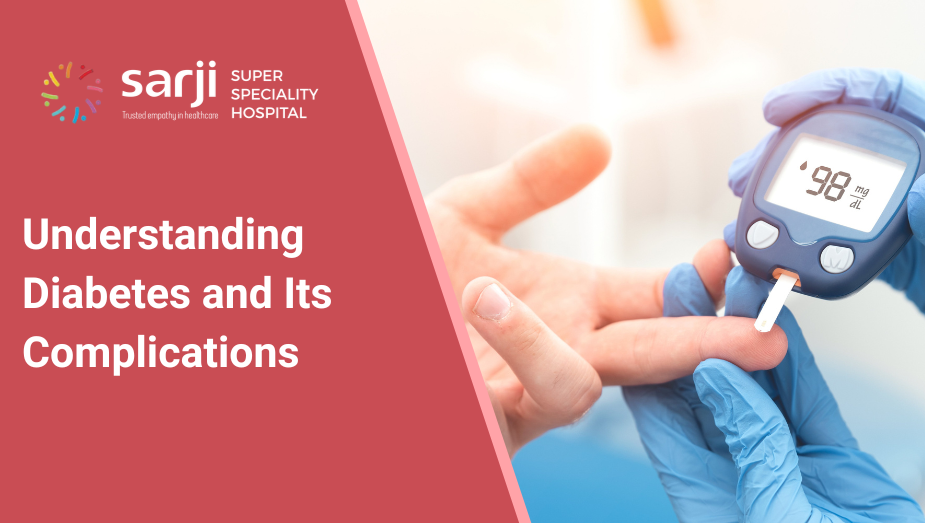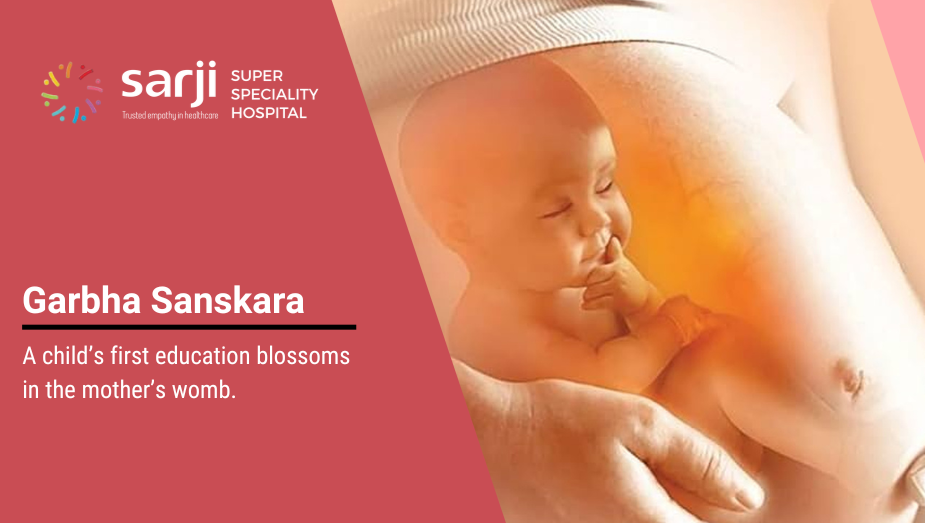Pediatric Nephrology focuses on diagnosing and treating kidney disorders in children. Treating kidney diseases in children is a challenge in itself because of the immature kidney function in kids, their early and extensive involvement in different diseases, their long lasting effect on future growth and development and indirect effect on other organ systems in the body. With its unique challenges and intricacies, pediatric nephrology contributes significantly to safeguarding the health and well-being of young patients. Pediatric nephrologists undergo extensive training in both pediatrics and nephrology and are responsible for the comprehensive care of children with a wide range of kidney-related conditions.
Disorders Treated by Pediatric Nephrologists
The common disorders treated by pediatric nephrologists include:
Congenital Anomalies: Kidney abnormalities from birth, such as:
- Structural anomalies (e.g., ectopic kidney, renal dysplasia, renal agenesis, horseshoe kidney, etc.)
- Obstructive uropathy (e.g., posterior urethral valves, ureteropelvic junction obstruction, etc.)
- Polycystic kidney disease.
- Vesicoureteral reflux (abnormal urine flow from the bladder back into the ureters and kidneys)
Glomerular Disorders: Conditions that affect the glomeruli (the filtering units of the kidney), such as
- Glomerulonephritis (inflammation of the glomeruli)
- Nephrotic syndrome
- Hematuria (bloody in urine)
- Auto immune kideny disorders like Lupus nephritis, HUS,HSP etc,.
Tubulointerstitial Disorders: Conditions affecting the tubules and interstitium (intertubular spaces) of the kidneys, such as:
- Tubulointerstitial nephritis (inflammation of the tubules and interstitium) Acute tubular necrosis, Drug or toxin induced tubular necrosis etc,.
- Renal tubular acidosis (disorders of acid-base balance)
- Bartter syndrome and Gitelman syndrome (genetic disorders affecting electrolyte balance)
Hereditary Kidney Diseases: Inherited conditions affecting kidney function, such as:
- Alport syndrome (a genetic disorder affecting the glomerular basement membrane)
- Autosomal dominant polycystic kidney disease (ADPKD)
- Autosomal recessive polycystic kidney disease (ARPKD)
- Fabry disease, cystinosis, and other metabolic disorders affecting the kidneys
Renal Hypertension: High blood pressure related to kidney disorders, such as:
- Hypertension secondary to renal artery stenosis
- Renovascular hypertension
- Hypertension secondary to chronic renal diseases (pyelonephritis, VUR etc,.)
Acquired Kidney Diseases: Kidney disorders that develop later in childhood, such as:
- Acute kidney injury (often due to infections or medications)
- Chronic kidney disease (resulting from congenital or acquired conditions)
- Recurrent urinary tract infections leading to kidney damage
Systemic Diseases With Renal Manifestations: Conditions affecting multiple organ systems, including the kidneys, such as:
- Systemic lupus erythematosus (SLE) with lupus nephritis (an autoimmune disease)
- Henoch-Schönlein purpura (HSP) with kidney involvement (inflammation of blood vessels)
- Granulomatous polyangitis.
Diagnostic Approaches
Accurate diagnosis forms the cornerstone of effective management in pediatric nephrology. The diagnostic modalities employed to evaluate kidney function and identify underlying pathologies include:
- Laboratory tests: Urinalysis, urine protein-to-creatinine ratio, blood tests (electrolytes and creatinine), and serum markers (creatinine and cystatin C)
- Imaging: Renal ultrasound, Doppler ultrasound, MRI, and CT scans
- Nuclear studies - DMSA, DTPA, EC Gamma Imaging Studies.
- Renal biopsy
- Genetic testing
Renal Replacement Therapies available:
- Hemodialysis: To remove waste products and excess fluids from the blood in children with acute kidney injury or end-stage renal disease which uses blood ultra filter to dispose the toxins and waste products for the body.
- Peritoneal Dialysis: To remove toxins and excess fluids in children with kidney failure which uses abdominal cavity (pertonium) as filtering membrane.
Advancements in Pediatric Nephrology
Several advances have been made in pediatric nephrology, collectively in diagnosis, treatment, and understanding of various kidney diseases. Some of these advances include:
- Improved drugs for conditions like nephrotic syndrome eg: MMF, Tacrolimus, Rituximab monoclonal antibody.
- Safer and accurate minimally invasive procedures for kidney biopsies under USG guidance.
- Enhanced options, like home-based dialysis and ambulatory dialysis.
- Better kidney matching, post kidney transplant immuno suppression, and emphasis on living donors.
- Remote consultations and follow-ups using telemedicine platform.
- Research into rare diseases.
- Patient-centered care.
Pediatric nephrology is a dynamic and evolving field pivotal in caring for children with kidney disorders. Through ongoing research, technological innovations, and collaborative efforts, pediatric nephrologists strive to improve diagnostic accuracy, optimize treatment outcomes, and enhance the quality of life for young patients. sarji hospital continues to offer hope and healing to children and families affected by kidney diseases by addressing current challenges and embracing future opportunities in pediatric nephrology.
Doctors










